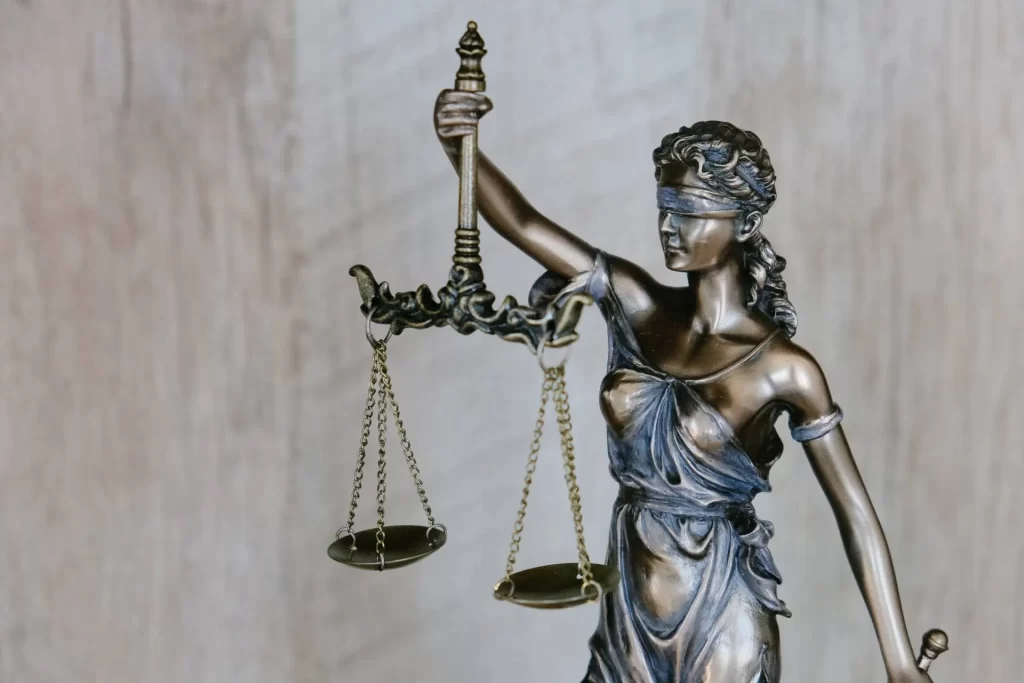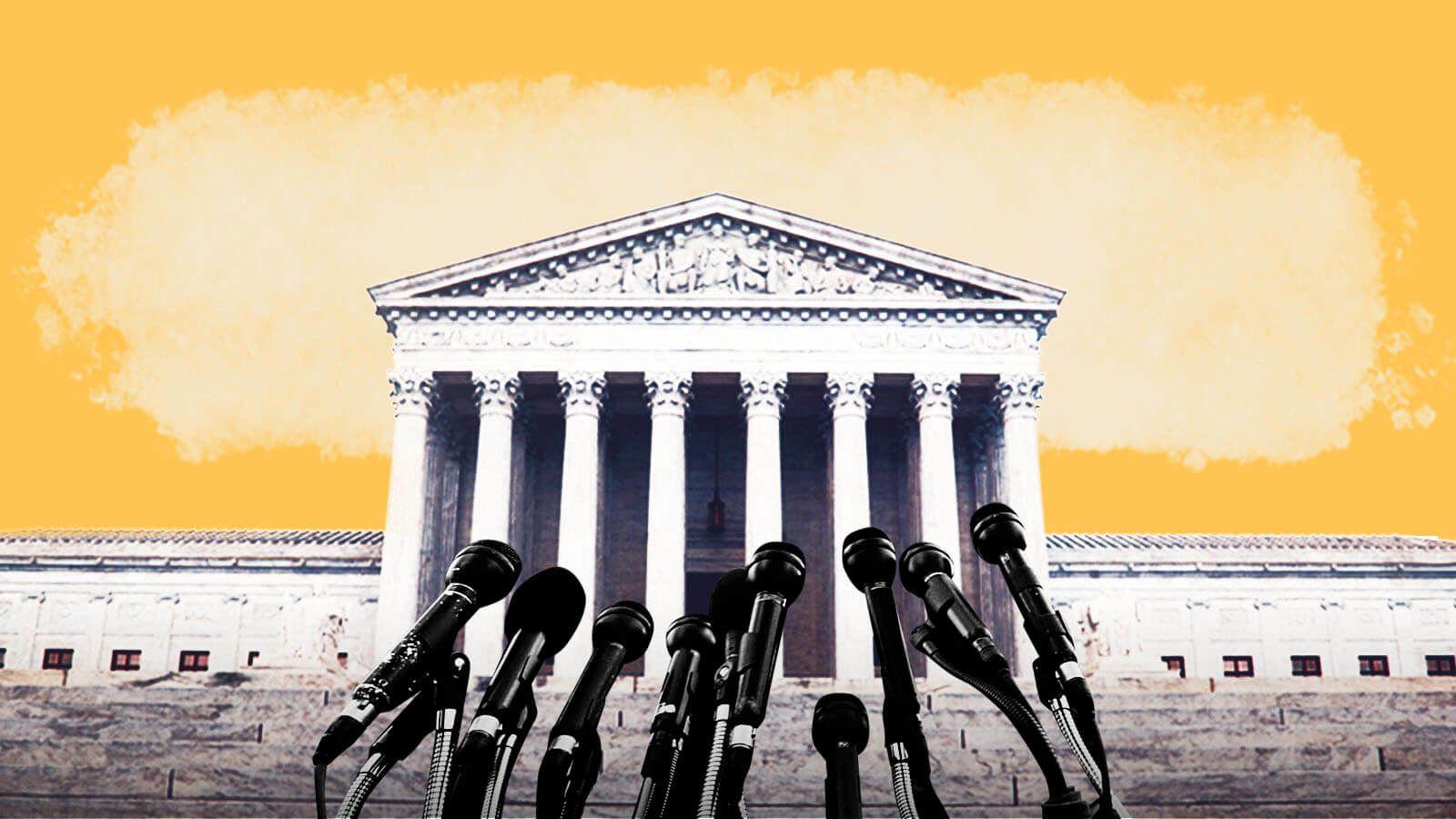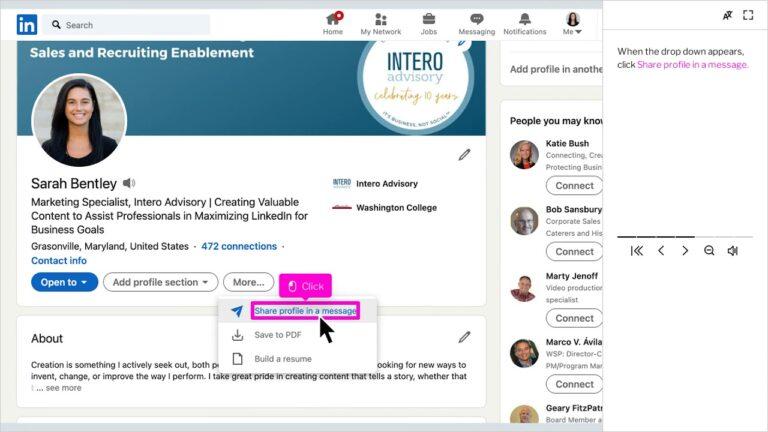WASHINGTON, D.C. – In a blow to tech giants and advocates for online privacy, the U.S. Supreme Court declined on Monday to hear X Corp’s appeal challenging government restrictions on disclosing the frequency of national security-related user data requests. The move leaves a lower court ruling in place, preventing X Corp, formerly known as Twitter, from publicly revealing how often it receives warrants or other legal orders from federal law enforcement agencies seeking information about its users.
Clashing Liberties: The case centered on the collision of two vital American principles: transparency and national security. X Corp argued that the First Amendment guarantees free speech rights to publicly disclose the number of such requests, claiming it would enhance public trust and accountability in government surveillance practices. This, they argued, was particularly crucial in the age of widespread online activity and government intrusion into digital realms.
Also Read – Increasing LinkedIn Engagement as a PhD Student
Government’s Case: The Justice Department, representing the government, countered that such disclosures could jeopardize national security interests. They argued that revealing details about surveillance requests could expose valuable investigative techniques and endanger ongoing operations, potentially putting sources and national security personnel at risk.

Court’s Silence: With no majority support among the nine justices to accept the case for review, the Supreme Court effectively upheld the lower court decision. This leaves the decision-making power in the hands of lower courts and agencies, raising concerns about a lack of uniform national standards for transparency regarding government surveillance requests.
Unanswered Questions: The court’s silence leaves crucial questions hanging. Will other tech companies follow X Corp’s lead and attempt to challenge data disclosure restrictions? How will this decision impact broader efforts to reform and ensure greater oversight of government surveillance programs in the digital age? Without a clear legal precedent from the nation’s highest court, these questions remain unanswered, leaving the battle lines drawn between online transparency and national security concerns.
Also Read – LinkedIn Post Ideas for Computer Scientists and Academics
Potential Ramifications: Experts foresee potential consequences of this decision. It could discourage other tech companies from speaking out about government surveillance requests, fearing similar legal roadblocks. Additionally, it could embolden government agencies to restrict disclosures further, potentially hindering public knowledge and scrutiny of surveillance practices.
Looking Ahead: While the Supreme Court’s decision is a setback for proponents of increased online transparency, it does not mark the end of the debate. X Corp could choose to pursue alternative legal avenues, and lawmakers may consider legislative approaches to address the issue. Meanwhile, the public can expect continued scrutiny of government surveillance practices and growing calls for greater digital privacy protections.







